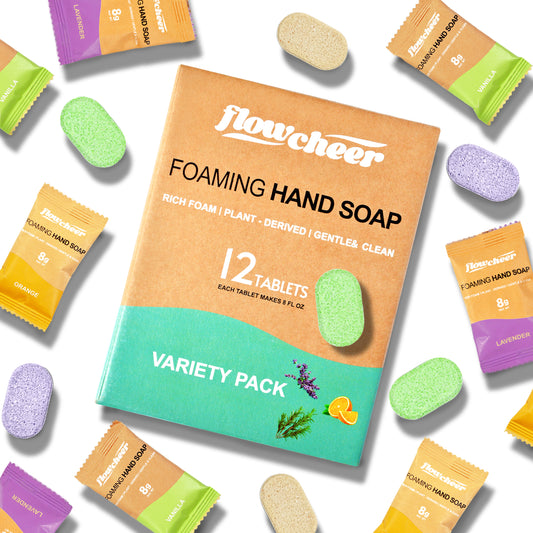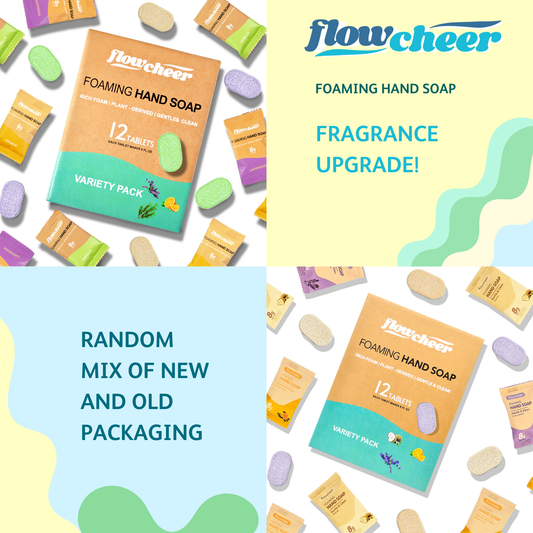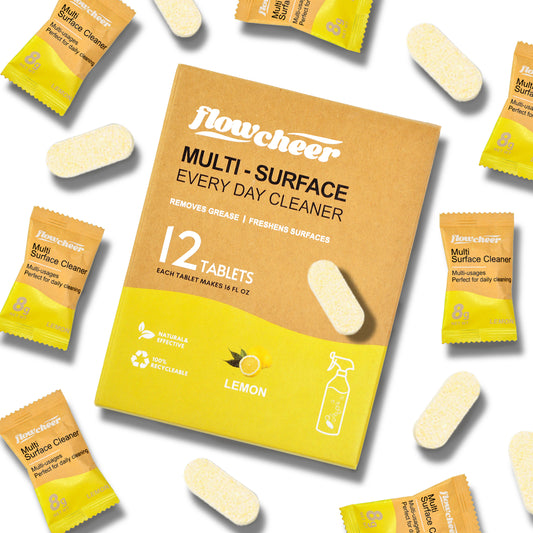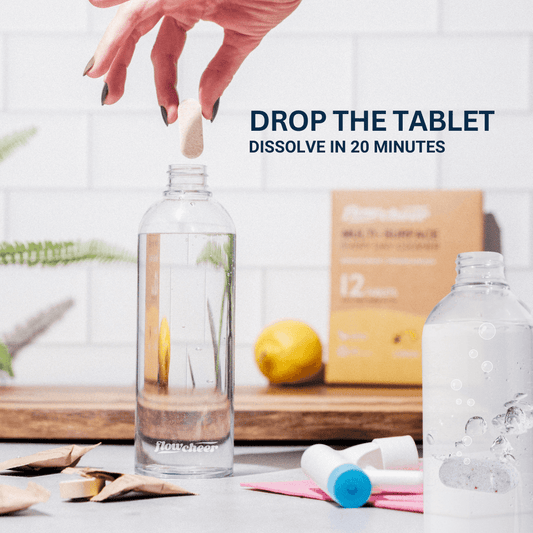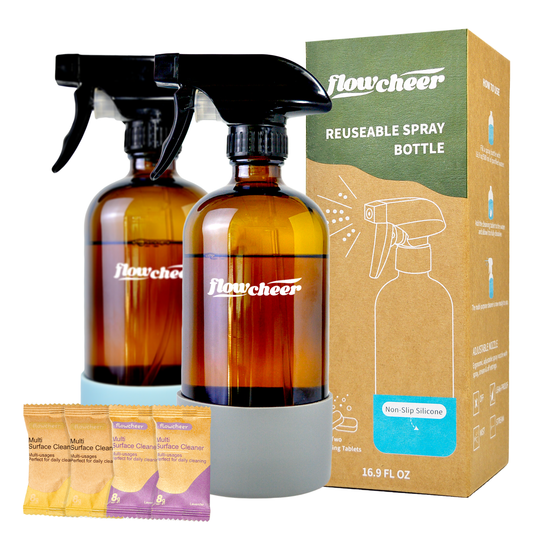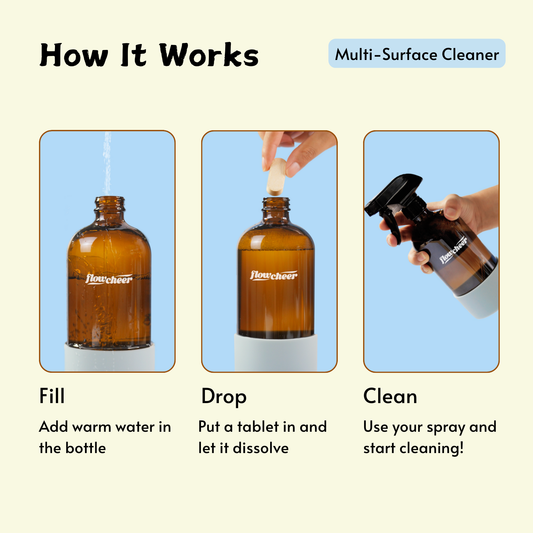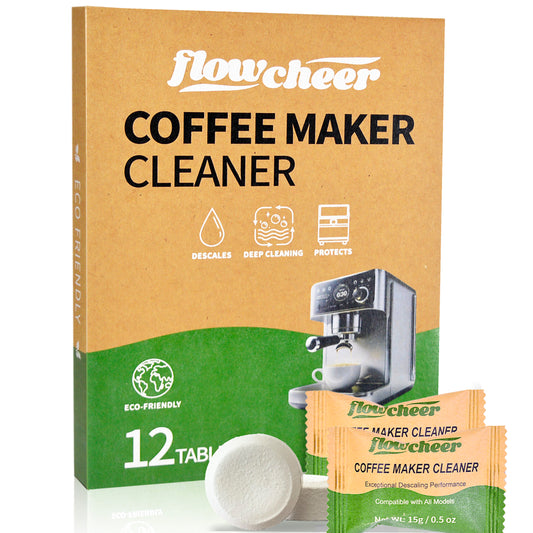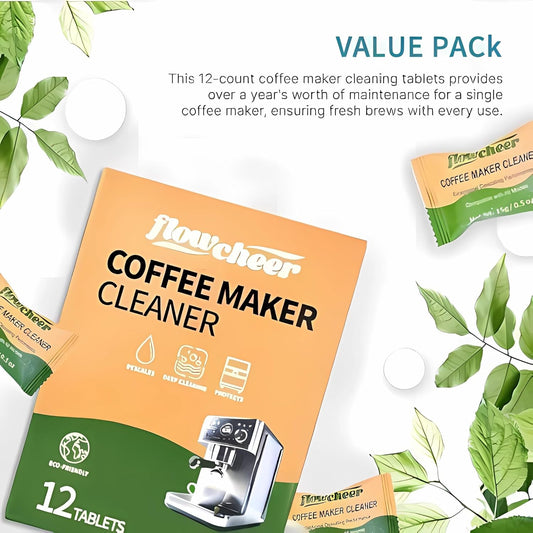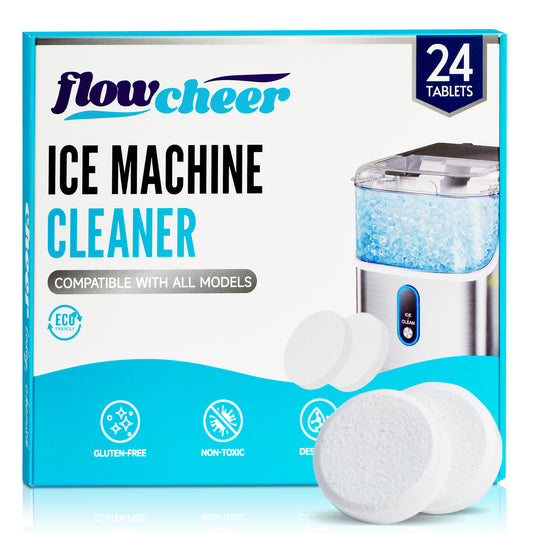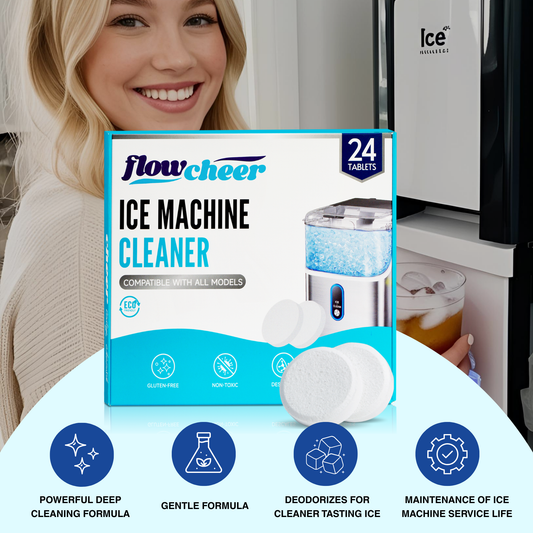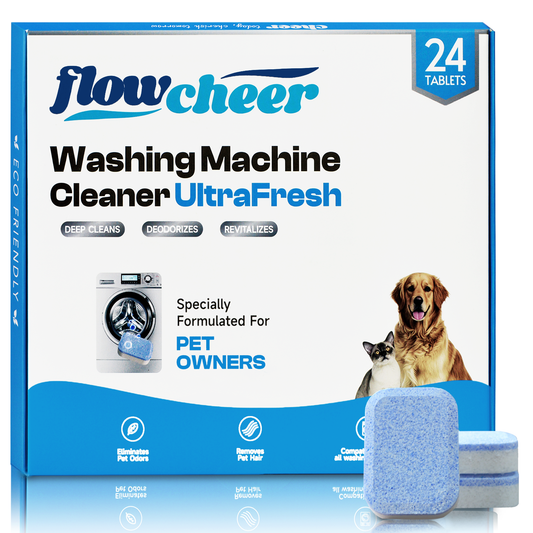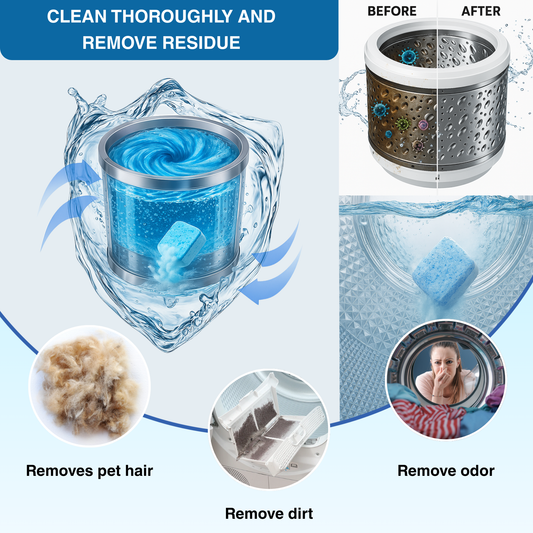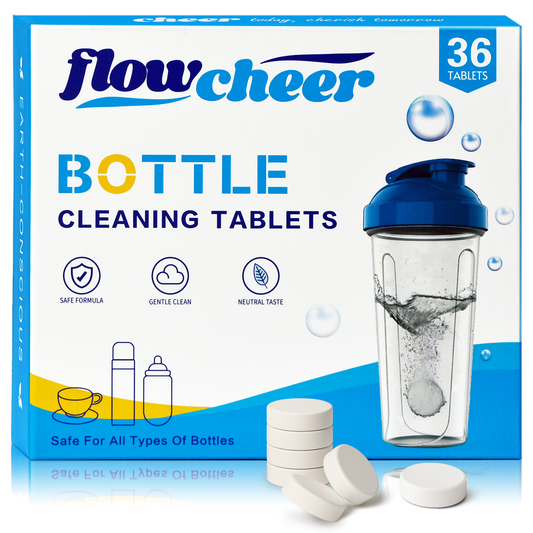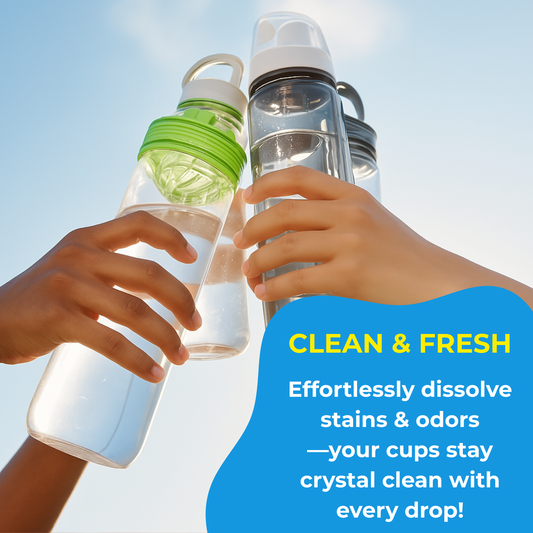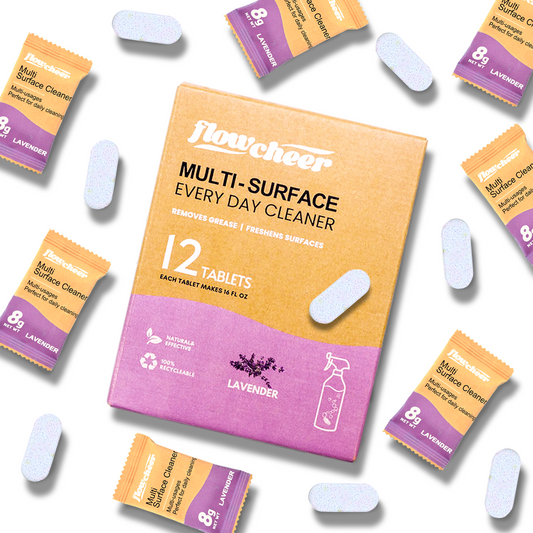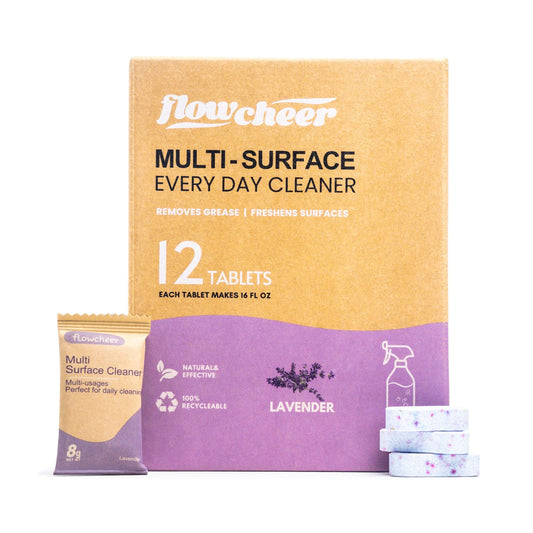Toxins in Cleaning Products
Store-bought cleaning products usually contain fragrances or chemicals that can be harmful to those with chronic lung disease. Many cleaners contain volatile organic compounds (VOCs) that release harmful gasses into the air and can have long-term effects on lung health, as well as make current COPD symptoms worse.
- Ammonia
- Bleach
- Aerosol sprays
- Rug cleaners
- Oven cleaners
- Air fresheners
How to Make Lung- and Asthma-Safe Cleaning Products
Cleaning your home shouldn’t result in a coughing fit. These products can help you clean without irritating your lungs or exacerbating asthma symptoms — plus, they use common household items that don’t involve expensive purchases.
To make these homemade products smell nice without artificial fragrances, add essential oils, fresh herbs or citrus peels.
Natural, Lung-Safe Household Products for Cleaning
- White vinegar
- Hydrogen peroxide
- Baking soda
- Isopropyl alcohol
- Castile soap
- Salt
- Lemons and lemon juice
- Borax
You can use combinations of these household ingredients to make your cleaners, or combine them with water to function as a cleaner. You can mix white vinegar with warm water to create an all-purpose cleaner and deodorizer. Similarly, you can combine baking soda with water to make a powerful stain remover.
If you prefer something simpler, try FlowCheer's eco-friendly cleaning products. Formulated with plant extracts and free from potentially exacerbating chemicals for respiratory system conditions, they safeguard your health.
Lung-Safe Essential Oils
- Lavender
- Eucalyptus
- Frankincense
- Bergamot
- Myrrh
- Tea tree
- Peppermint
- Pine
Experience the joy of DIY and enhance your cleaning routine with FlowCheer's unscented foaming handsoap. Add your favorite botanical essential oils for a refreshing aroma while ensuring powerful cleaning that won't compromise your lung health.
1. Disinfectant Wipes
Make disinfectant wipes to wipe down your countertops or other dirty surfaces without aggravating your lungs.
- Tub or bowl with a lid
- Dishrags or washcloths
- White vinegar, hydrogen peroxide or isopropyl alcohol
- Castile soap
- Essential oils (optional)
- In the tub or bowl, combine one part vinegar, peroxide or alcohol and one part warm water
- Add a few drops of castile soap
- Add a few drops of essential oil for fragrance (optional)
- Mix ingredients together
- Roll or fold the rags or washcloths and put them into the mixture
- Put the lid on and store in a cool, dry place
- When dirty, wash the rags and remake
2. Glass Cleaner
You can use this lung-safe glass cleaner to clean windows, mirrors, doors and other glass surfaces. These cleaners effectively remove fingerprints and streaks without releasing harmful fumes.
- Spray bottle
- White vinegar
- Warm water
- Essential oils (optional)
- Combine one part water and one part vinegar in the spray bottle
- Add essential oils (optional)
- Stir to combine
3. All-Purpose Cleaner
You can use this cleaner to disinfect most surfaces, except marble, without causing a symptom flare up. You may want to test the cleaner on a small section of the surface before using it.
- Spray bottle
- 2 cups vinegar
- 2 cups water
- Citrus peels (optional)
- If you’re not making a citrus-scented cleaner, skip to step 4
- Combine citrus peels and vinegar in a mason jar with a lid. Let it sit for one to two weeks.
- Strain the mixture so you’re left with the citrus-infused vinegar. Throw the peels away.
- Put the vinegar and water in a spray bottle
- Stir to combine
4. Carpet Cleaner
Whether it’s muddy paws or spilled tea, carpet stains are a common household occurrence. This natural cleaner can help keep carpets pristine and allow you to breathe easier.
- 1 cup water
- ½ cup white vinegar
- 1 teaspoon salt
- 8-10 drops essential oil (optional)
- Spray bottle
- Add water and vinegar to the spray bottle
- Stir in salt
- Stir in essential oils (optional)
- Shake to combine
5. Scouring Cleaner
Typically, you’ll use scouring cleaners to remove encrusted materials on pots, pans, tiles and other surfaces. This cleaner will help you remove difficult stains without impacting lung health.
- ¾ cup baking soda
- ¼ cup wate
- Stir ingredients into a paste
- Rub paste onto the surface and let sit
- Rinse with warm water
Tips for Lung-Safe Cleaning
Keeping a clean house is part of staying healthy at home. But cleaning the house shouldn’t be dangerous for those with chronic lung disease or similar conditions like mesothelioma. Here are some tips for staying safe.
-
If you use chemicals, wear a face mask.
If you can’t avoid using a chemical cleaning product, wearing a face mask can help reduce inhalation of harmful chemicals that can trigger asthma or COPD symptoms. However, be mindful of whether wearing a face mask will make breathing too difficult. -
Opt for unscented cleaning products.
In addition to causing headaches, scented cleaning products can exacerbate some symptoms of COPD or asthma. These scents can cause shortness of breath, dizziness and worsened asthma. To avoid these side effects, steer clear of store-bought cleaners. But if you do go to buy, look for something without any fragrance.For example, Flowcheer's unscented foaming hand soap and laundry detergent sheets ensure powerful cleaning without any harmful fragrances that could affect your lungs. Our specially formulated tablets are designed to remove tough stains and dirt effectively while remaining gentle on your skin and respiratory system. With Flowcheer, you can enjoy a clean and fresh laundry experience without worrying about irritating fragrances or respiratory discomfort. -
Clean in a well-ventilated area.
Whether you’re cleaning with chemicals or using a natural cleaner, you’ll want to clean in a well-ventilated area. If possible, open doors or windows to make sure air is flowing through the room. If you’re not able to bring in airflow from the outside, turning on fans is an alternative. -
Control moisture to limit mold growth.
Mold can be hard on those living with asthma. Controlling the moisture levels in your home can help mitigate any mold-related flare-ups or health concerns. To control mold, spray straight vinegar on your walls and allow it to air dry. You should also turn on exhaust fans over the oven while cooking and invest in a dehumidifier. -
De-clutter and dust.
Knick-knacks and other small items on shelves and bookcases can collect dust and trigger asthma. To prevent an increase in dust particles in the air, remove these items and store them somewhere they’re safe and won’t become a potential threat to your lung health. If you do keep these items on display, dust them regularly to prevent build-up.
We’ve summed up these cleaning tips in the infographic below.

There are many hidden causes of lung disease and illness. Cleaning products are just another way you can damage your lungs or worsen your lung disease symptoms without realizing it. Staying vigilant and going natural when possible can help you keep your house and lungs clean.
If cleaning your home does routinely make it hard to breathe, contact your doctor to discuss your health concerns.
The information in this article is sourced from:
The Mesothelioma Center at Asbestos.com has been helping connect people impacted by mesothelioma and asbestos exposure with reliable information, world-class treatment, legal services, and so much more.
Let Flowcheer join you in safeguarding your lung health!



